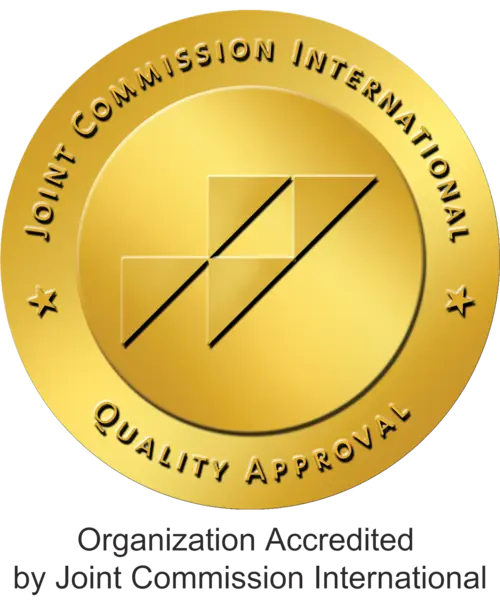Psychology
Another name of psychology is psychology. Psychology is a science that examines the emotions and behaviors of people differently for each age group.
Customized programsa re used to develop life skills and mental skills. Depression score, anxiety score, classic intelligence score are measured. The client's 'Personality Profile' is created. In the educational stages, skill studies are carried out with methods such as Psychodrama, Group, EMDR, REHACOM, Neurobiofeedback (Neurotherapy) depending on the need. Case studies brought by individuals are evaluated.
Step 1: SELF RECOGNITION AND AWARENESS
Self-awareness and awareness in psychology means taking into account emotions without emphasizing emotions. According to the results of the initial screening, ensuring that the person knows himself, his emotions, thoughts and behaviors will cause him to gain insight and at the same time realize and shape his interests, abilities and values. Personality test is evaluated in order to learn his strengths and weaknesses. Awareness is raised about personality traits that it can and cannot change.
Step 2: RECOGNIZING OTHERS AND EMPATHY
In psychology, it is applied as various group therapies such as recognition of others and empathy, Psychodrama and art therapies according to the needs of the person. How does the child perceive the young and adult environment, the people around him, the events, approaches and processes; It is aimed to determine the expectations, define them, develop realistic expectations for themselves and their surroundings, grasp the perspective of the other person, develop sensitivity to the feelings of others, and develop skills to understand others better.
Step 3: COMMUNICATION SKILLS – SELF ESTEEM
Various group therapies are applied in psychology such as communication skills and self-confidence, Psychodrama and art therapies according to the needs of the person. Being able to learn and apply communication skills of children and young people, to realize their own feelings and thoughts, to gain the ability to express them in a healthy way, to be able to use the language of me, to use the skill of saying 'No' in place and on time. aims to learn verbal-nonverbal communication skills.
Step 4: MOTIVATION AND FUTURE PLANNING
Motivation and future planning in psychology, self-activation to achieve their goals, development of the right and responsibility balance, focusing on the target, directing his attention to the target, less impulsive behavior, more self-control, developing target-oriented strategies, realizing the values that are important for them, It is aimed to determine their own future plans by distinguishing between abstract and concrete targets, and to gain the skills to determine healthy decision-making steps regarding their future.
Step 5: TROUBLESHOOTING SKILLS
Various group therapies such as problem solving and skills in psychology, psychodrama and art therapies are applied according to the person's need. Determining stressful situations, developing strategies for their solutions, studying relaxation methods, positive and negative thinking, developing the ability to analyze and understand social relationships, developing positive peer relationships, increasing the ability to compromise in problem situations, better resolving relationship problems, extrovertedness, being compatible, It is aimed to teach how to be democratic in sharing, cooperation and relations.
Step 6: Anger, Stress and Time Management
In psychology, anger, stress and time management and the ability to stay calm under stress are developed. Individual or group psychotherapy methods are applied depending on the need. To develop the ability to recognize the stress and stress responses, to work on the methods of coping with stress, to be informed about the 'war or flight response', to gain the experience of dealing with the stressful situation with the role-playing method, and to use the time of the benefits of thinking positively in stressful situations correctly, quality and targeted. It will be studied.
Step 7: RELATIONSHIP MANAGEMENT
Relationship management in psychology, understanding the opposite side in social relations within the scope of education of social emotions, showing tolerance even if thought differently; it is aimed to gain the ability to be forgiving in the face of error and to carry out the relations. Charity, cooperation, forgiveness, tolerance, relationship management basic training is given. One's pleasure in collaborating with other people for common purposes is learning to understand the importance of benevolence and cooperation. Different personalities can work together for the same purpose and awareness of living together.
Step 8: Determination
Persistence in psychology, the person's ability to control his impulses, to implement the decisions taken, to be patient, active patience, patience as a meditative action, patience in motion are carried out. It is aimed to acquire the skills to spend effort for the continuation and continuity of the job, not to give up the decision / task. Despite the obstacles, the view of walking to the target is brought.
Step 9: HEALTHY DECISION MAKING PRINCIPLES
The principles of sound decision making in psychology, the ability of the person to take into account the feelings of both himself and others. The ability to consider acting fairly when making decisions. Strategic thinking, categorical thinking, changing category, self-activation, purposeful behavior, timing sorting, resistance to distractors are studied.
Step 10: COMPETITION
In psychology, reconciliation, ability to consider being righteous, democratic functioning, authoritarian and totalitarian attitudes are studied. The importance of fair sharing is the ability of freedom to develop abilities, to define the situation that causes conflict, to determine the wishes and needs of both parties, to create suggestions by considering mutual needs, to choose the appropriate solution proposal for both parties, to determine who will do what in the decided solution, the division of labor includes the goal of gaining skills. It is tried to think solution-oriented and not problem-oriented. As a result, a situation assessment is made with the "Emotional Intelligence Scale" developed by us. An optional certificate is issued to the person. Emotional Intelligence Program can be done in schools upon request.




